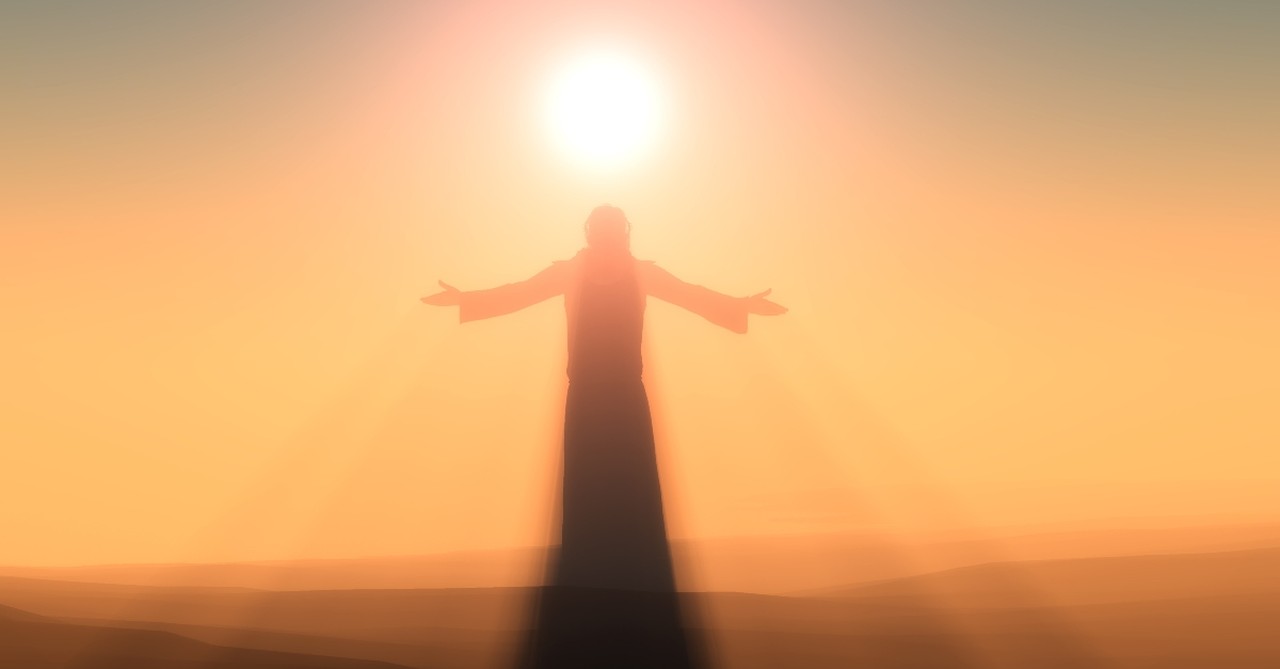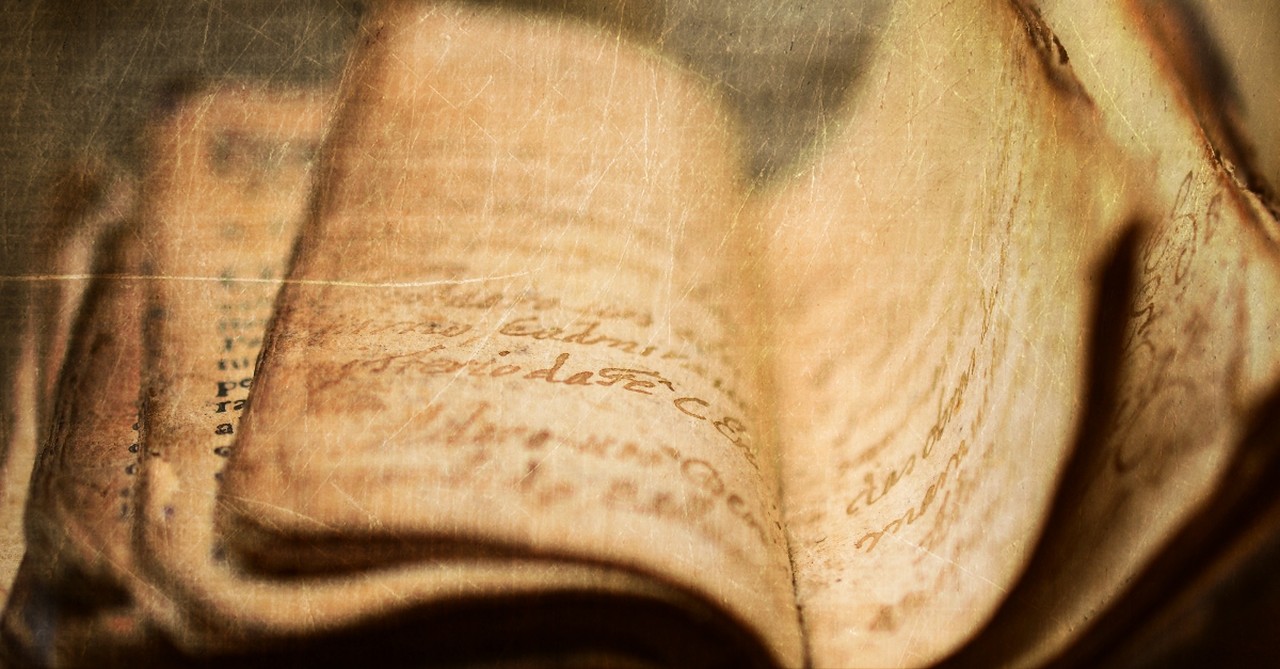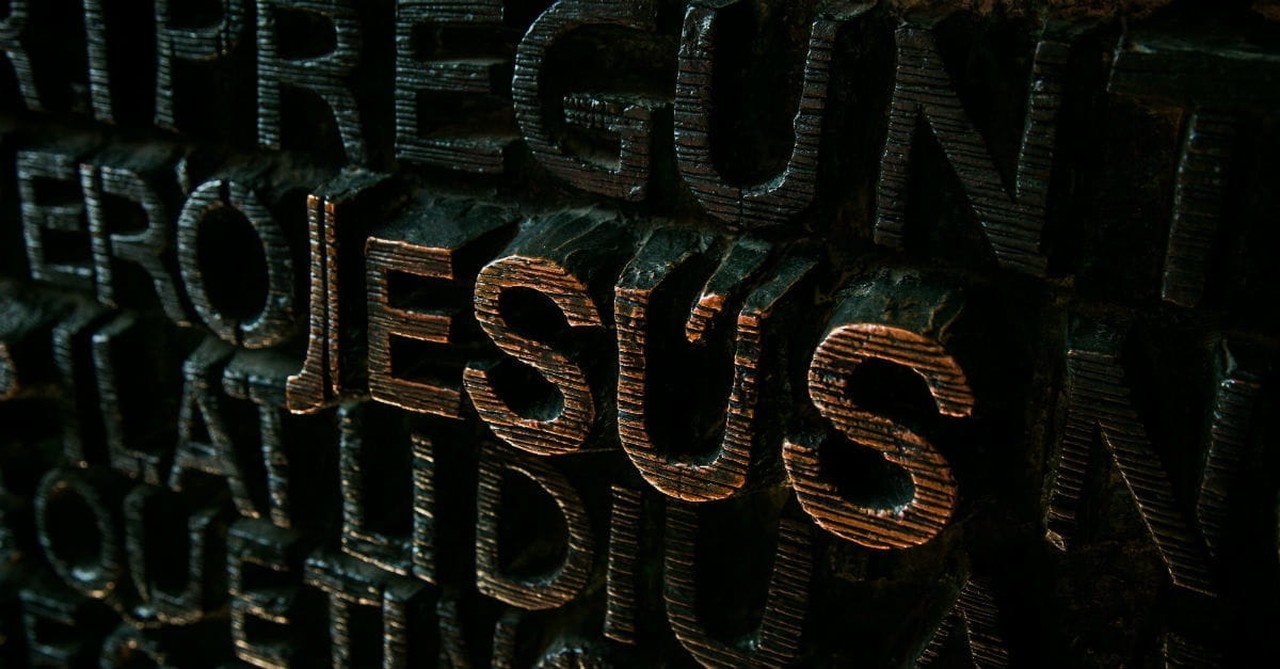10 Classic Hymns about Heaven That Inspire Us Today

While heaven may seem like a morbid topic for some, properly understood, it has a very encouraging message. According to the Bible, God has plans for our lives (Jeremiah 29:11), and we are sent into this world with a purpose (Ephesians 2:10). We are here to do good things (Colossians 3:17) and should do well with what we are given (Matthew 25:29). We also know that this world is broken. Creation groans as it seeks renewal (Romans 8:22), and we were born for something greater than a sinful world. Once we become Christians, we discover what that greater thing is, and start living for it. At the same time, we know that true union with God will not happen on this side of eternity. We are citizens of a coming kingdom (Philippians 3:20-21), here until the Lord decides it is time for us to go (James 4:13-16).
So, as Christians, we do well with the time God has given us while hoping in the day that we will be at home with the Lord (2 Corinthians 5:8). Thinking about heaven properly reminds us that there is something more after death, that doing good things has an effect after we are gone. This provides comfort in times of loss and also gives us a long view so we can live well right now. It is only when we remember where we are headed that we can use our time well today. Use these 10 classic hymns to worship God, as well as to meditate on his goodness and plans for us.
Photo Credit: ©GettyImages/Ig0rZh
When We All Get to Heaven

When We All Get to Heaven
SLIDE 1 OF 10
Written by Eliza Hewitt in 1898, a Philadelphia schoolteacher with an unusual story.
One day while overseeing her students in the playground, she, unfortunately, suffered a severe back injury and was forced to bed for months, dealing with the pain the rest of her life.
"Although Eliza could have been resentful, and no one would have blamed her, she felt the presence of the Lord while confined to bed. She started studying Literature and English while recovering from her injury. Barely did she know that she was being prepared by God to write poetry and hymns, and these two subjects would prove very useful...As Eliza recovered some of her strength in later years, she was able to get around slowly. She attended the summer Methodist Camp meeting, in Ocean Grove, New Jersey. Here she met Emily D. Wilson and they formed a great friendship. They worshipped and studied together and together created this hymn, 'When We All Get To Heaven.' The hymn was first published in 1898 in Pentecostal praises."
(Excerpted from "The Story Behind When We All Get to Heaven" by GodTube Staff).
Given Hewitt's difficult story, it's noteworthy that her hymn emphasizes the love of Jesus, which is what provides us true happiness. Our this song not only reminds us that the Lord has prepared a place for us (John 14:3). but that is only Jesus' love and mercy that made it possible to be saved.
Sing the wondrous love of Jesus,
sing his mercy and his grace;
in the mansions bright and blessed
he'll prepare for us a place.
When we all get to Heaven from alwaysgodfirst on GodTube.
Photo Credit: ©Getty Images/1971yes
Praise, My Soul, the King of Heaven

Praise, My Soul, the King of Heaven
SLIDE 2 OF 10
Written by Henry Francis Lyte, a Scottish Anglican curate, in 1843. The hymn has long been a favorite in the United Kingdom (it was part of the program when Queen Elizabeth II married Prince Philip in 1947). As you can probably tell if you know your Old Testament, the wording is similar to Psalm 103. In fact, this hymn was directly inspired by that psalm and imitates its opening lines:
Praise the LORD, my soul; all my inmost being, praise his holy name.
Praise the LORD, my soul, and forget not all his benefits—
who forgives all your sins and heals all your diseases,
who redeems your life from the pit and crowns you with love and compassion,
who satisfies your desires with good things so that your youth is renewed like the eagle’s.
While this hymn and the psalm both talk about God's provision and love, the hymn also touches on a related point: our heavenly father is not only loving but also holy. His holy nature and status make him worthy of praise, for he is the "eternal, immortal, invisible, the only God" (1 Timothy 1:17). Along with the angels in heaven (Revelation 5:11), we worship God for he is our worthy king.
Praise, my soul, the King of heaven;
to his feet your tribute bring.
Ransomed, healed, restored, forgiven,
evermore his praises sing.
Alleluia, alleluia!
Praise the everlasting King!
Gaither Vocal Band and Ernie Haase Signature Sound - Praise, My Soul, the King of Heaven [Live] from bill-and-gloria-gaither on GodTube.
Photo Credit: iStock/Getty Images Plus/Yurii Kifor
When the Roll is Called Up Yonder

When the Roll is Called Up Yonder
SLIDE 3 OF 10
Written by James Milton Black in 1893, this hymn first appeared in a collection called Songs of the Soul. The hymn's idea has a couple of sources. Obviously, the roll call is based on the image in Revelation 20:12-15 of God opening the Book of Life at the Last Judgment. In that moment, we shall all be judged and some will go on to life, others to the second death:
"Another book was opened, which is the book of life. The dead were judged according to what they had done as recorded in the books. The sea gave up the dead that were in it, and death and Hades gave up the dead that were in them, and each person was judged according to what they had done. Then death and Hades were thrown into the lake of fire. The lake of fire is the second death. Anyone whose name was not found written in the book of life was thrown into the lake of fire."
Black reportedly was inspired to write the hymn based on personal events as well. One day at church, he noticed that a particular child had not shown up for Sunday School:
"The thought of someone's being not in attendance in heaven haunted Black, and after visiting the child's home and calling on a doctor to attend her for pneumonia, he went home and wrote the song after not finding one on a similar topic in his hymn collection."
(Excerpted from "The Story Behind When The Roll Is Called Up Yonder" by GodTube Staff)
When the trumpet of the Lord shall sound,
and time shall be no more,
and the morning breaks, eternal, bright and fair;
when the saved of earth shall gather
over on the other shore,
and the roll is called up yonder, I'll be there.
When the Roll from ministryinmotion on GodTube.
Photo Credit: Stock/Getty Images Plus/BlackQuetzal
I'll Fly Away

I'll Fly Away
SLIDE 4 OF 10
Written by Albert E. Brumley in 1929, this is one of the most recorded hymns ever. Blumley stated that he began writing the hymn with a melody and idea from an existing song, which he took in a spiritual direction:
"Brumley says that as he worked he was 'humming the old ballad that went like this: "If I had the wings of an angel, over these prison walls I would fly," and suddenly it dawned on me that I could use this plot for a gospel-type song.' The song Brumley described appears to be 'The Prisoner's Song.;
It was an additional three years later until Brumley worked out the rest of the song, paraphrasing one line from the secular ballad to read, 'Like a bird from prison bars has flown' using prison as an analogy for earthly life. Brumley has stated, 'When I wrote it, I had no idea that it would become so universally popular.'"
(Excerpted from "The Story Behind I'll Fly Away" by GodTube Staff)
The hmyn's central image describes our souls leaving our temporary bodies at death to join our Heavenly Father (Luke 23:43). It also reminds us that while we are called to do good work while we are in this world, we are looking forward to something else. "For here we do not have an enduring city, but we are looking for the city that is to come" (Hebrews 13:14).
Some glad morning when this life is o'er,
I'll fly away;
To a home on God's celestial shore,
I'll fly away (I'll fly away)
I'll Fly Away from music4god777 on GodTube.
Photo Credit: ©GettyImages/Choreograph
Will the Circle Be Unbroken

Will the Circle Be Unbroken
SLIDE 5 OF 10
Written by Ada Habershon in 1907 with music by Charles H. Gabriel, this hymn reflects on the somber side of death. Thanks to Adam and Eve's fall in the Garden of Eden, death is part of our daily reality (Romans 5:12-21). No one gets out of this life alive, as the old saying goes.
The opening stanza has been recorded in several different versions, each reflecting on the loved ones we have lost and still miss. One popular version, released in 1935 by the Carter Family, is sometimes listed as "Can the Circle Be Unbroken (By and By)." In this version, recorded by Bill Gaither and many others, the song opens by describing an undertaker arrives to pick up a late mother's body.
Each version highlights that we lose people in this life. Still, we know that if they are believers, one day we shall see those loved ones again ("In the joyous days of childhood, Oft they told of wondrous love, Pointed to the dying Saviour; Now they dwell with Him above"). Thus, the hymn reminds us that whether we live to see the last judgment or reach heaven sooner, our arrival will be a reunion. We will finally have arrived in our final household (Ephesians 2:19).
There are loved ones in the glory
Whose dear forms you often miss,
When you close your earthly story
Will you join them in their bliss?
Nitty Gritty Dirt Band - Will the Circle Be Unbroken (Live) from bill-and-gloria-gaither on GodTube.
Photo Credit: Getty Images/evgenyatamanenko
Victory in Jesus

Victory in Jesus
SLIDE 6 OF 10
Written by E.M. Bartlett in 1939, this hymn is also the last of many songs that Bartlett wrote.
"Eugene Bartlett, both an author and composer, was born in Missouri. After finishing Hall-Moody Institute in Martin, Tenn., he began teaching in singing schools. Because of his musical gifts and talents, young Bartlett was a sought-after music teacher... In 1918, he founded the Hartford Music Co. in Hartford, Ark., and printed many shape-note songbooks featuring his songs and the songs of contemporary writers. For more than 20 years, Bartlett administered singing schools throughout Arkansas, Oklahoma, Texas, Alabama, and Tennessee. For several years he edited a monthly music magazine, Herald of Song, promoting singing schools, including news of local personalities and advertising the newest songbooks."
(Excerpted from "The Story Behind Victory in Jesus" by GodTube Staff)
Bartlett's other songwriting includes the hymns "Everybody Will Be Happy Over There," "Just a Little While," "He Will Remember Me," and "You Can’t Keep a Good Man Down."
An interesting part of this hymn is it expresses gratitude that we can go to heaven, but reminds us that it only happened because Jesus won a great victory over death. This victory was not gained by any easy action. We are bought with a price (1 Corinthians 6:2), one that Jesus paid on the cross with his blood. It is by his wounds we are healed (Isaiah 53:5).
I heard an old, old story,
How a Savior came from glory,
How He gave His life on Calvary
To save a wretch like me;
I heard about His groaning,
Of His precious blood's atoning,
Then I repented of my sins
And won the victory.
George Beverly Shea - Victory In Jesus ( 1978 ) from yakwild on GodTube.
Photo Credit: Unsplash/Bruno Martins
Nearer My God to Thee

Nearer My God to Thee
SLIDE 7 OF 10
This hymn was written by Sarah Flower Adams in 1841. Adams not only had a musical background, but also worked as a songwriter in conjunction with family members and her local church:
"Sarah grew up in a home surrounded by poetry and songwriting. Sarah married William Bridges Adams and moved to London where she attended the independent church of William Johnson Fox. She contributed thirteen hymns to his Hymns and Anthems, one of them being "Nearer, My God to Thee". This hymn was written to follow the pastor's sermon on Genesis 28:11-19, known as the story of Jacob's ladder, or Jacob's dream. Sarah wrote the hymn in a week and her sister Eliza composed the tune."
(Excerpted from "The Story Behind Nearer My God to Thee" by GodTube staff)
As the description states, this hymn is based on Jacob's vision of a ladder leading to heaven (Genesis 28:11–12). Thus, this hymn reminds us both of an Old Testament story, and a reality we see most clearly in the New Testament: we yearn to be closer to our Heavenly Father (Philippians 1:23-26). However much we yearn though, we must be patient and trust we will remain until the time God has set for us to join him (Job 14:5).
Nearer, my God, to Thee, nearer to Thee!
E’en though it be a cross that raiseth me,
Still all my song shall be, nearer, my God, to Thee.
Nearer My God to Thee - Christian Hymn from stack45ny on GodTube.
Photo Credit: © Getty Images
He the Pearly Gates Will Open

He the Pearly Gates Will Open
SLIDE 8 OF 10
Written by Frederick A. Blom in 1917, this hymn was translated into English by Nathaniel Carlson. The reference to pearly gates comes from Revelation 21, where the apostle John has a vision of "a new heaven and a new earth."
"One of the seven angels who had the seven bowls full of the seven last plagues came and said to me, “Come, I will show you the bride, the wife of the Lamb.” And he carried me away in the Spirit to a mountain great and high, and showed me the Holy City, Jerusalem, coming down out of heaven from God. It shone with the glory of God, and its brilliance was like that of a very precious jewel, like a jasper, clear as crystal. It had a great, high wall with twelve gates, and with twelve angels at the gates. On the gates were written the names of the twelve tribes of Israel... The twelve gates were twelve pearls, each gate made of a single pearl. The great street of the city was of gold, as pure as transparent glass." (Revelation 12:9-12, 12:21)
John also explains that "nothing impure will ever enter [the city], nor will anyone who does what is shameful or deceitful, but only those whose names are written in the Lamb’s book of life" (Revelation 12:27).
Love divine, so great and wondrous,
Deep and mighty, pure, sublime,
Coming from the heart of Jesus,
Just the same through tests of time!
Photo Credit: Getty Images/Yuri_Arcurs
It Is Well With My Soul

It Is Well With My Soul
SLIDE 9 OF 10
Written by Horatio Spafford in 1873 after several terrible tragedies. Spafford was a lawyer and real estate investor who lost much money when the Great Chicago Fire destroyed land he had invested in. Two years later, his family planned a trip to England. and Spafford had to stay behind in Chicago for several days. He received terrible news in November 1873: the ship his wife and four daughters were sailing on, the Ville du Havre, had crashed into another ship while crossing the Atlantic. Total, 226 people died when the Ville du Havre sank. Spafford's wife survived and made it safely to England, but his daughters (one of them less than a year old) did not. While traveling by ship to meet his wife, Spafford traveled near the area where the ship had crashed. AS the ship sailed on, Stafford began writing this hymn.
Born out of such a terrible loss, this hymn reminds us of several things. It reminds us to rejoice and find peace in God even in the hardest of times because Christ has died for us (Romans 5:8). It also reminds us that there will be a day when all this suffering passes away, when we join our heavenly father and all will be made well.
When peace like a river, attendeth my way,
When sorrows like sea billows roll;
Whatever my lot, Thou hast taught me to know
It is well, it is well, with my soul.
'It Is Well With My Soul' Bill And Gloria Gaither And Friends from bill-and-gloria-gaither on GodTube.
Photo Credit: Unsplash/Corinne Kutz
Heaven is My Home

Heaven is My Home
SLIDE 10 OF 10
This hymn was written by Thomas R. Taylor in 1836, and is sometimes also called "I'm but a stranger here." Taylor had had a very short life: according to the 1907 Dictionary of Hymnology, he lived from 1807-1837, dying a year after this hymn was released. He was a minister's son and tried to take that path himself."
"From the age of 15 to 18 he was engaged, first in a merchant's, and then in a printer's office. Influenced by strong religious desires, he entered the Airedale Independent College at 18, to prepare for the Congregational ministry. His first and only charge was Howard Street Chapel, Sheffield. This he retained about six months, entering upon the charge in July 1830, and leaving it in the January following. For a short time he acted as classical tutor at Airedale College, but the failure of health which compelled him to leave Sheffield also necessitated his resigning his tutorship. He died March 7, 1835."
(Excerpted from "Thomas Rawson Taylor" in the Dictionary of Hymnology by John Julian)
This hymn reminds us that as God's followers, we are "foreigners and exiles" (1 Peter 2:11) in this sinful world. We live in this world and do the good God has in store us to do, but we still long for "a better country" (Hebrews 11:16).
I'm but a stranger here, Heaven is my home;
Earth is a desert drear; Heaven is my home:
Danger and sorrow stand Round me on every hand;
Heaven is my fatherland, Heaven is my home.
Photo Credit: ©iStock/Getty Images Plus/bestdesigns
Originally published February 10, 2022.






